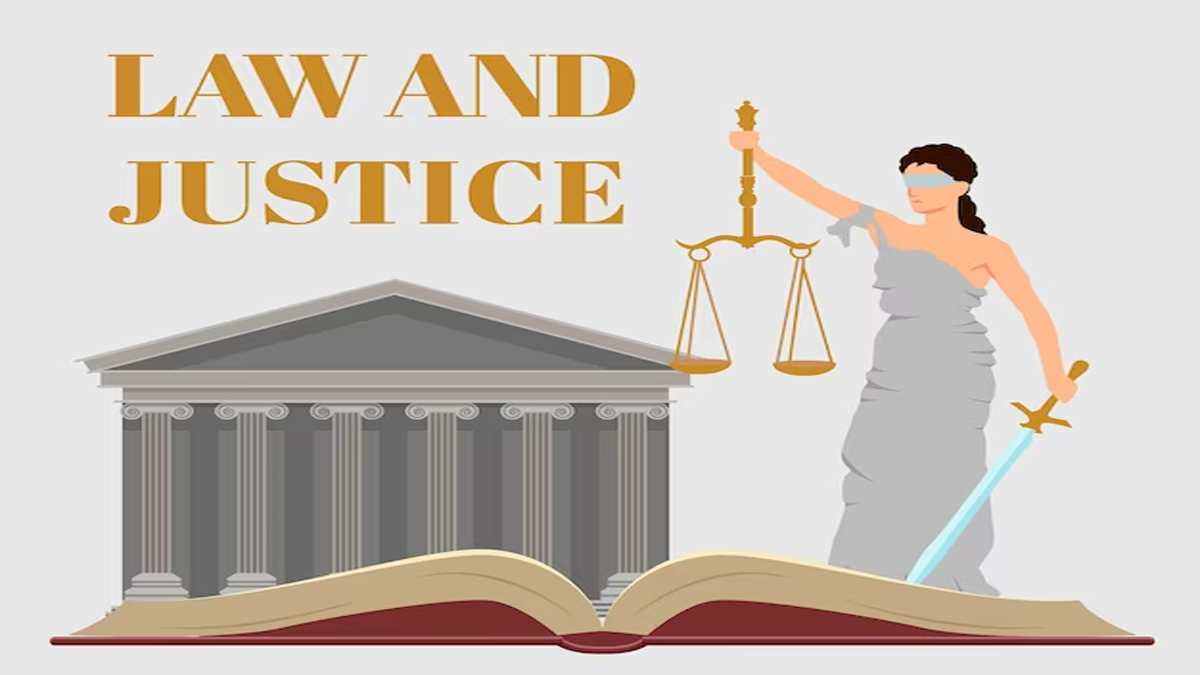Here’s a detailed overview:
Background:
- Political Context: In the early 1970s, India was facing political and economic challenges. Indira Gandhi, the Prime Minister, faced criticism for her leadership style and policies.
- Raj Narain: He was a politician and a member of the Janata Party, an opposition group. He contested the 1971 parliamentary elections against Indira Gandhi in the Rae Bareli constituency.
1971 Election Controversy:
- Allegations of Electoral Malpractice: Raj Narain accused Indira Gandhi of electoral malpractices, including the use of government resources for her campaign. He filed a petition challenging her election to the Lok Sabha (lower house of Parliament).
- High Court Verdict: The Allahabad High Court, in June 1975, found Indira Gandhi guilty of electoral malpractices and declared her election void. However, it also allowed her to remain in office until an appeal was heard by the Supreme Court.
Declaration of Emergency – June 1975:
- Indira Gandhi’s Response: Faced with the prospect of being unseated, Indira Gandhi took a controversial step. On June 25, 1975, she declared a state of emergency, citing internal disturbances and a threat to national security.
- Suspension of Civil Liberties: The emergency led to the suspension of civil liberties, censorship of the media, arrests of political opponents, and a clampdown on dissent. This period is often criticized for its authoritarian nature.
Legal Battles:
- Supreme Court Appeal: Indira Gandhi appealed to the Supreme Court against the High Court’s decision. During this time, her government made constitutional amendments to immunize certain decisions, including the declaration of emergency, from judicial review.
- Supreme Court Verdict: In 1976, the Supreme Court upheld the decision that Indira Gandhi was guilty of electoral malpractices. However, it differed on the issue of her disqualification. The court ruled that she could not participate in the parliamentary proceedings but could remain the Prime Minister.
Post-Emergency Period:
- Return to Democracy: The emergency was lifted in 1977, and general elections were held. The Janata Party, a coalition of opposition parties, won a significant victory, and Indira Gandhi was defeated in her constituency.
- Raj Narain’s Role: Raj Narain played a crucial role in opposing Indira Gandhi during this period. His efforts, along with those of other opposition leaders, contributed to the end of the emergency and the restoration of democracy.
In summary, the events of 1975, including the legal battles between Indira Gandhi and Raj Narain, were instrumental in shaping the political landscape of India. The imposition of emergency and subsequent developments had a profound impact on Indian politics and democracy.
